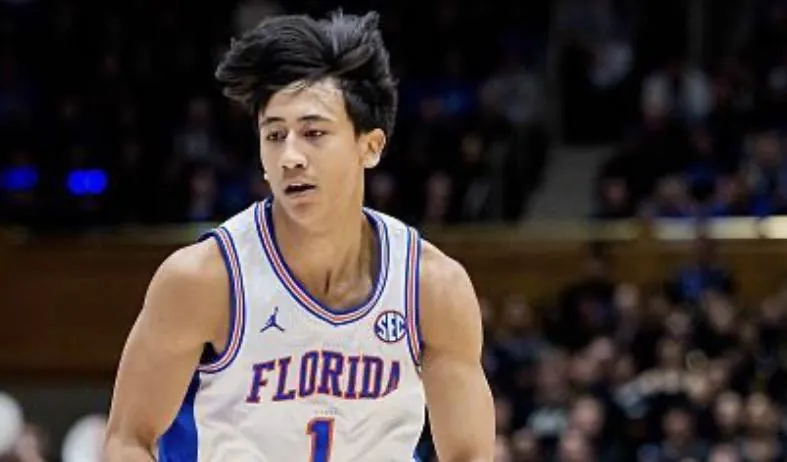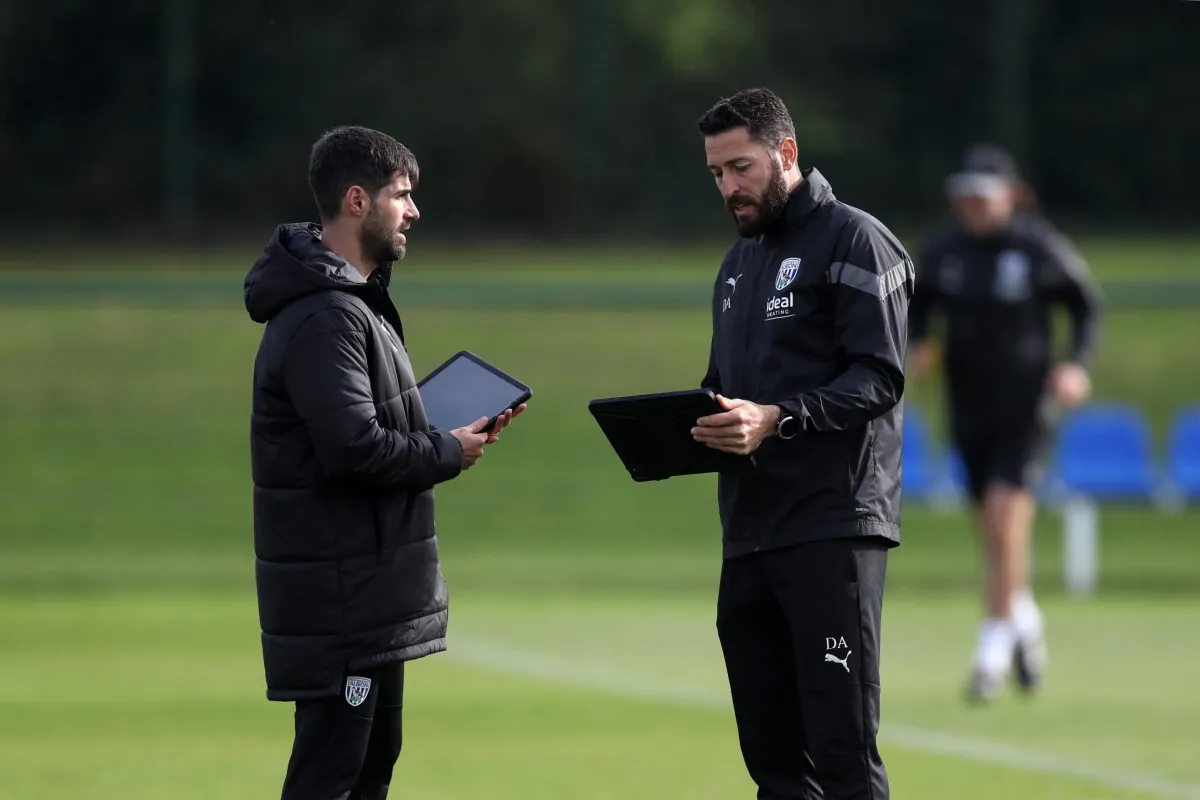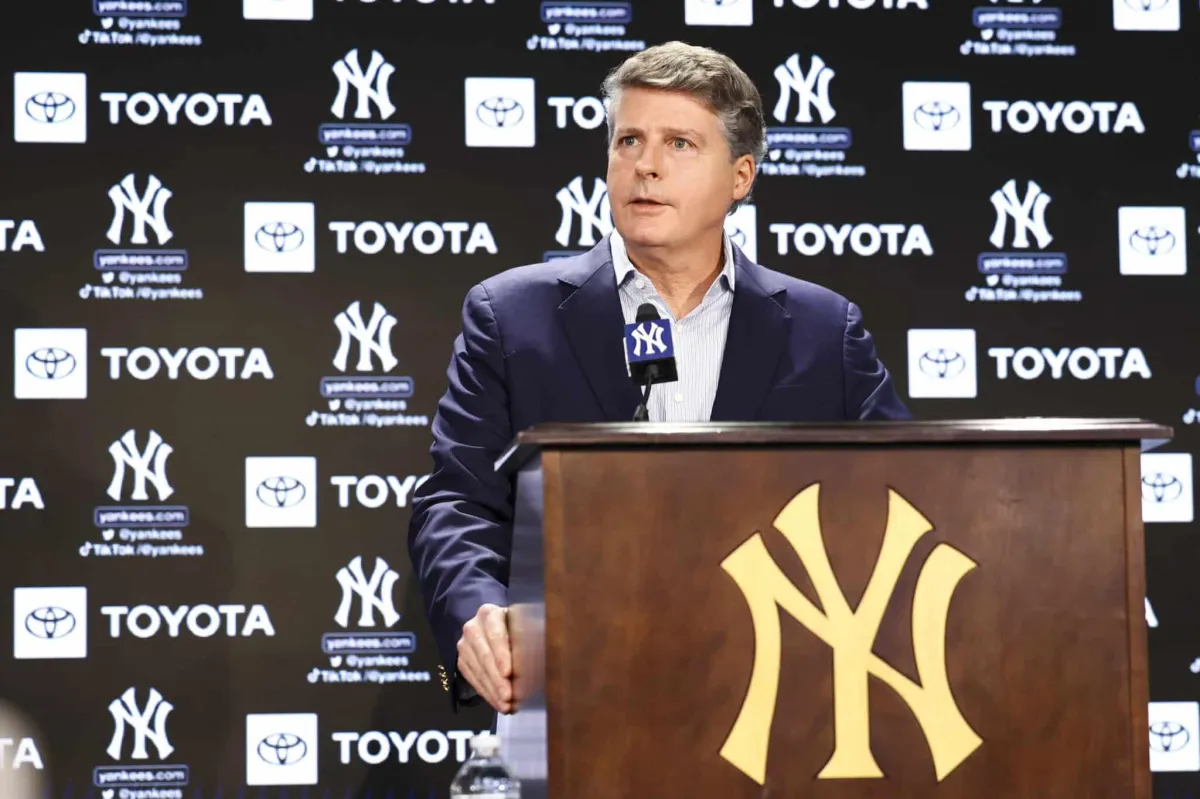Xaivian Lee's struggles expose NIL issues
The crushing blow of big NIL money and expectations

The crushing blow of big NIL money and expectations

A deep dive into Overspecialization in coaching

In today’s fast-moving sports culture, patience is rare. Trade demands and constant transfers have made commitment feel outdated. But Mason Rudolph’s quiet, six-year rise with the Steelers reminds us of a lost art—trusting the process. This blog explores why playing the long game is the new endangered species in sport—and why it’s worth protecting.

Should the Yankees do a better job of auditing their program every year?

The Denver Nuggets blend hockey’s teamwork, sacrifice, and physicality with basketball’s fast pace. By knowing “who they are,” staying emotionally steady, and sharing the spotlight, they show what it means to play like a true team. As they compete in the NBA Finals, we explore why Denver might be the best hockey team in the NBA.